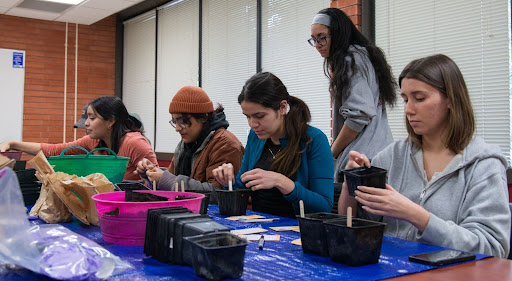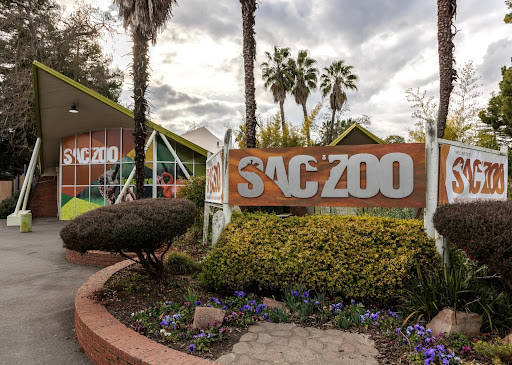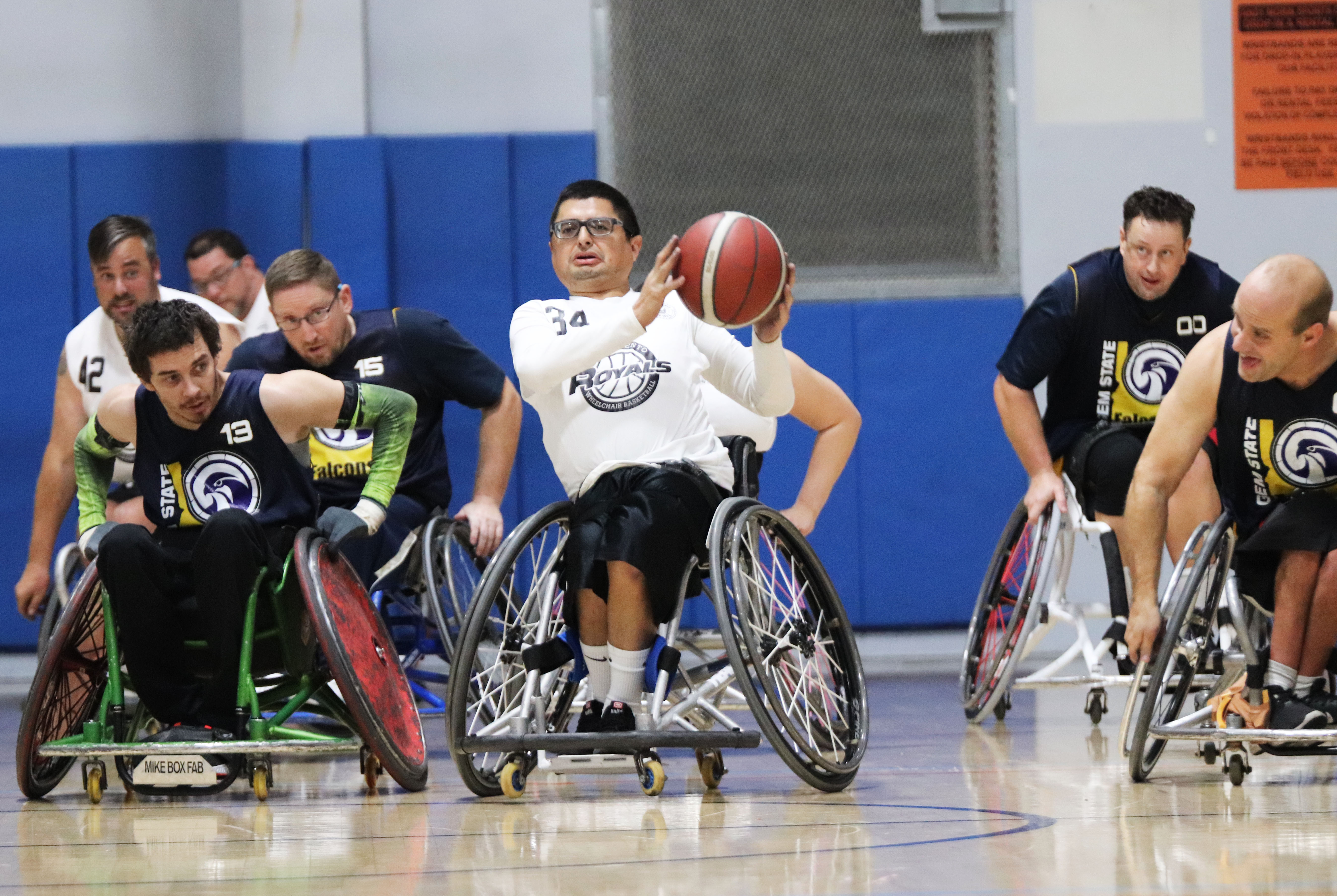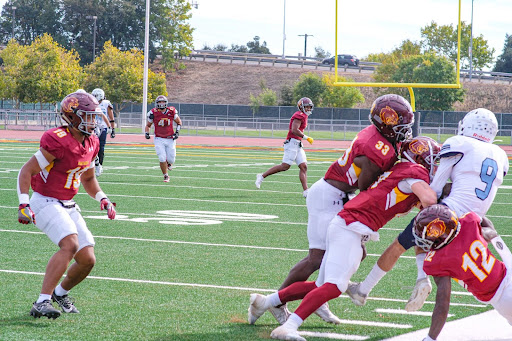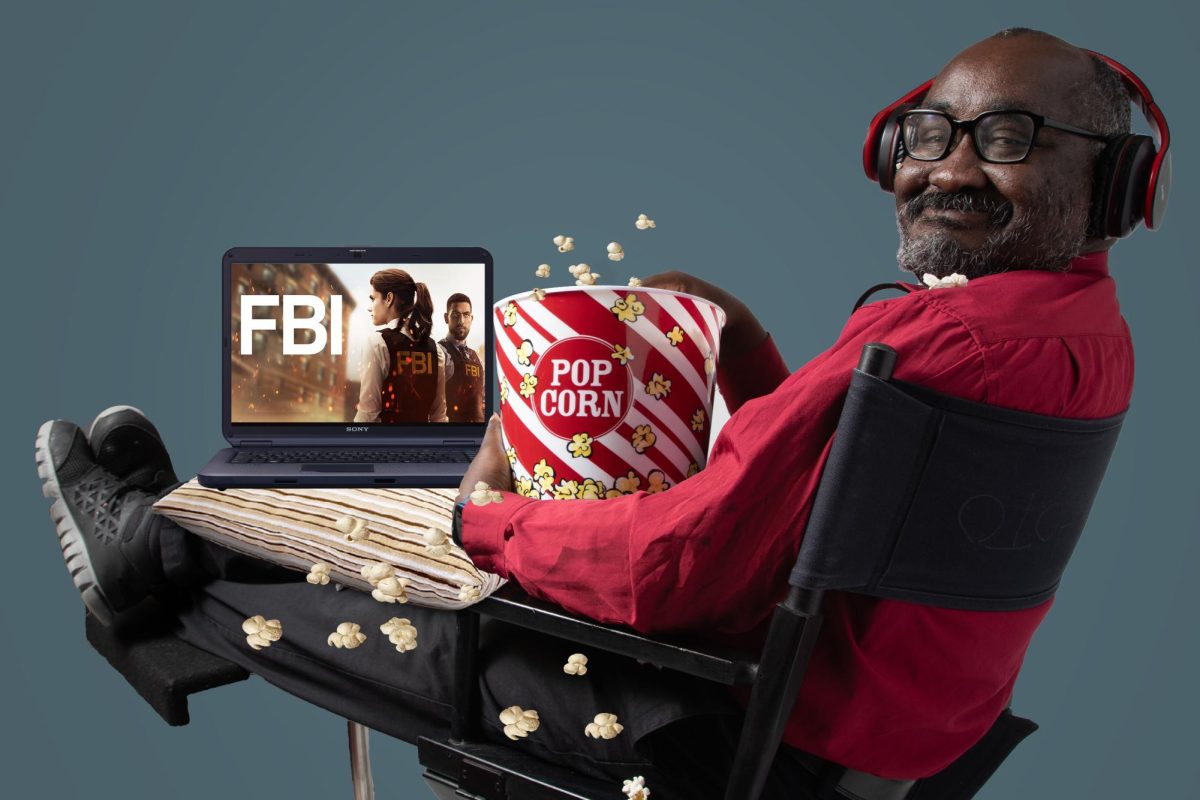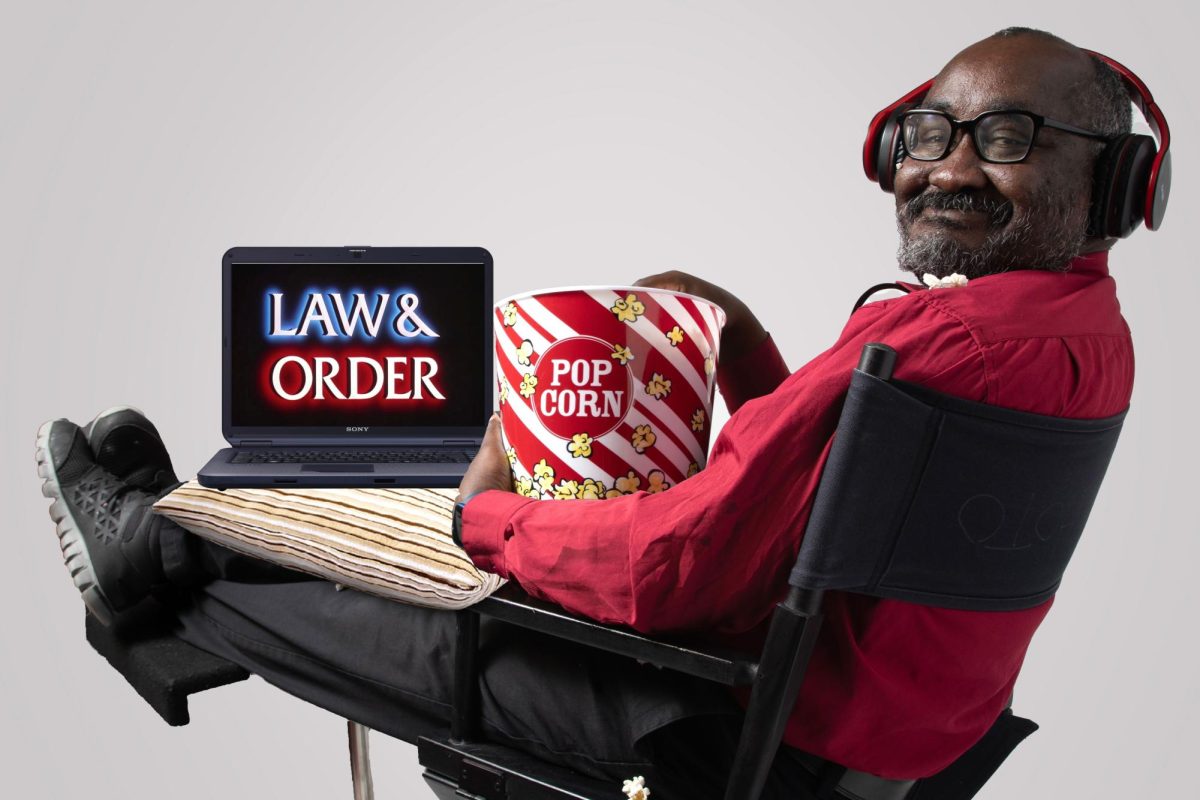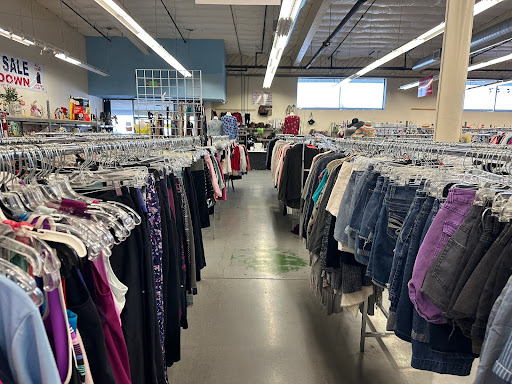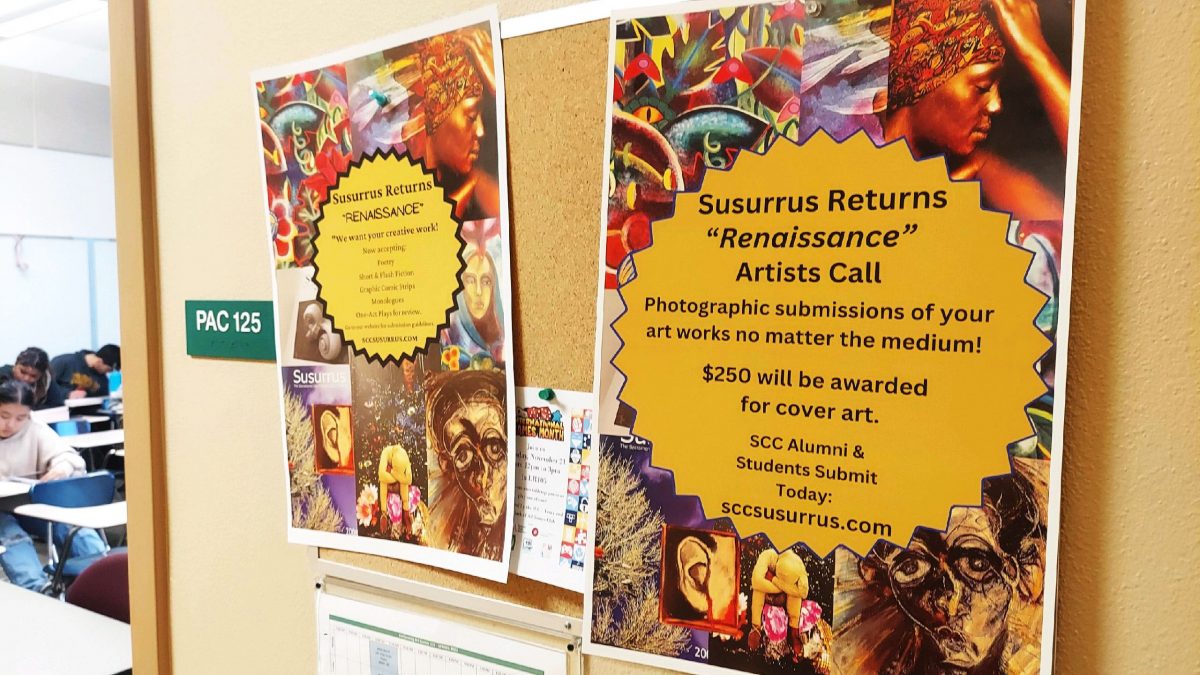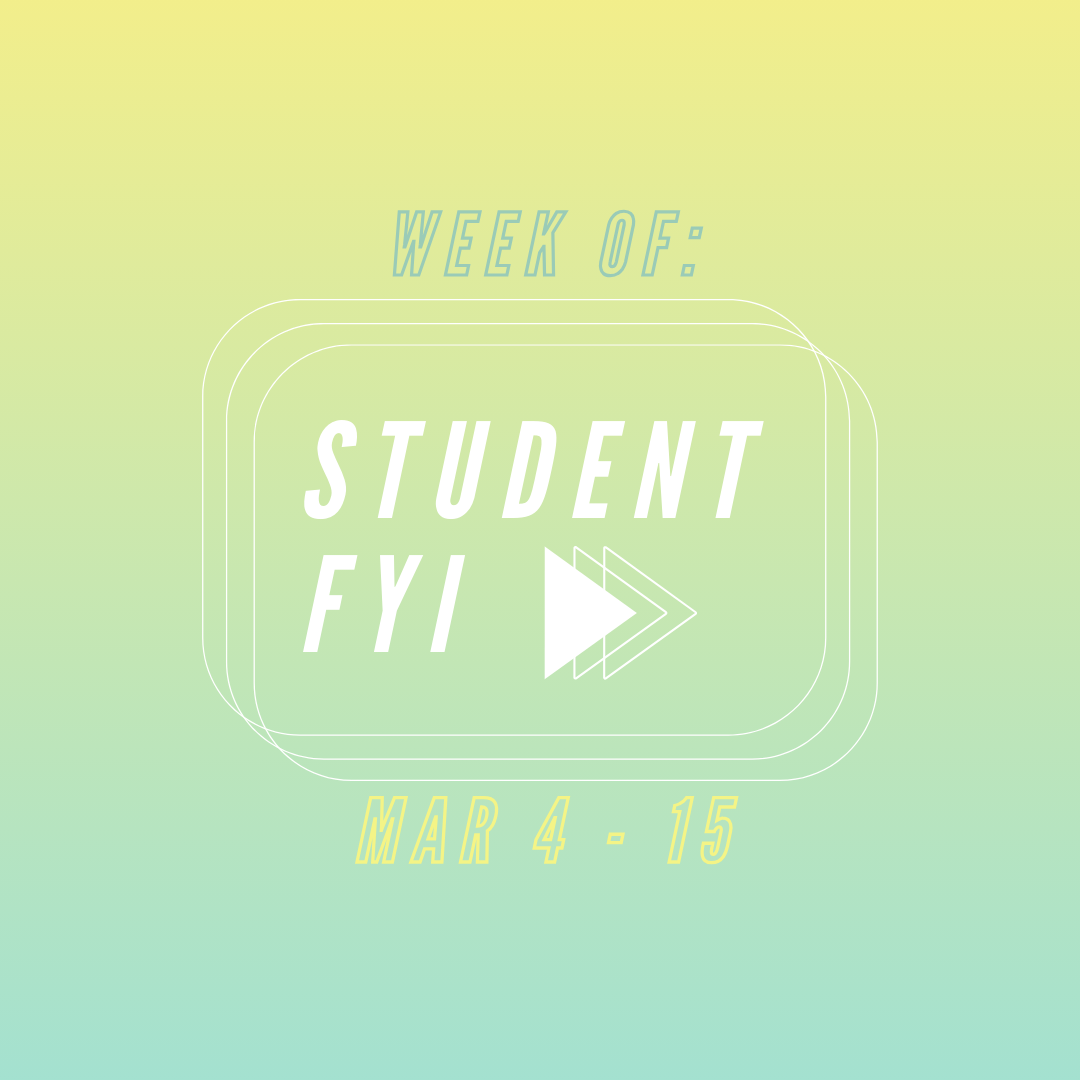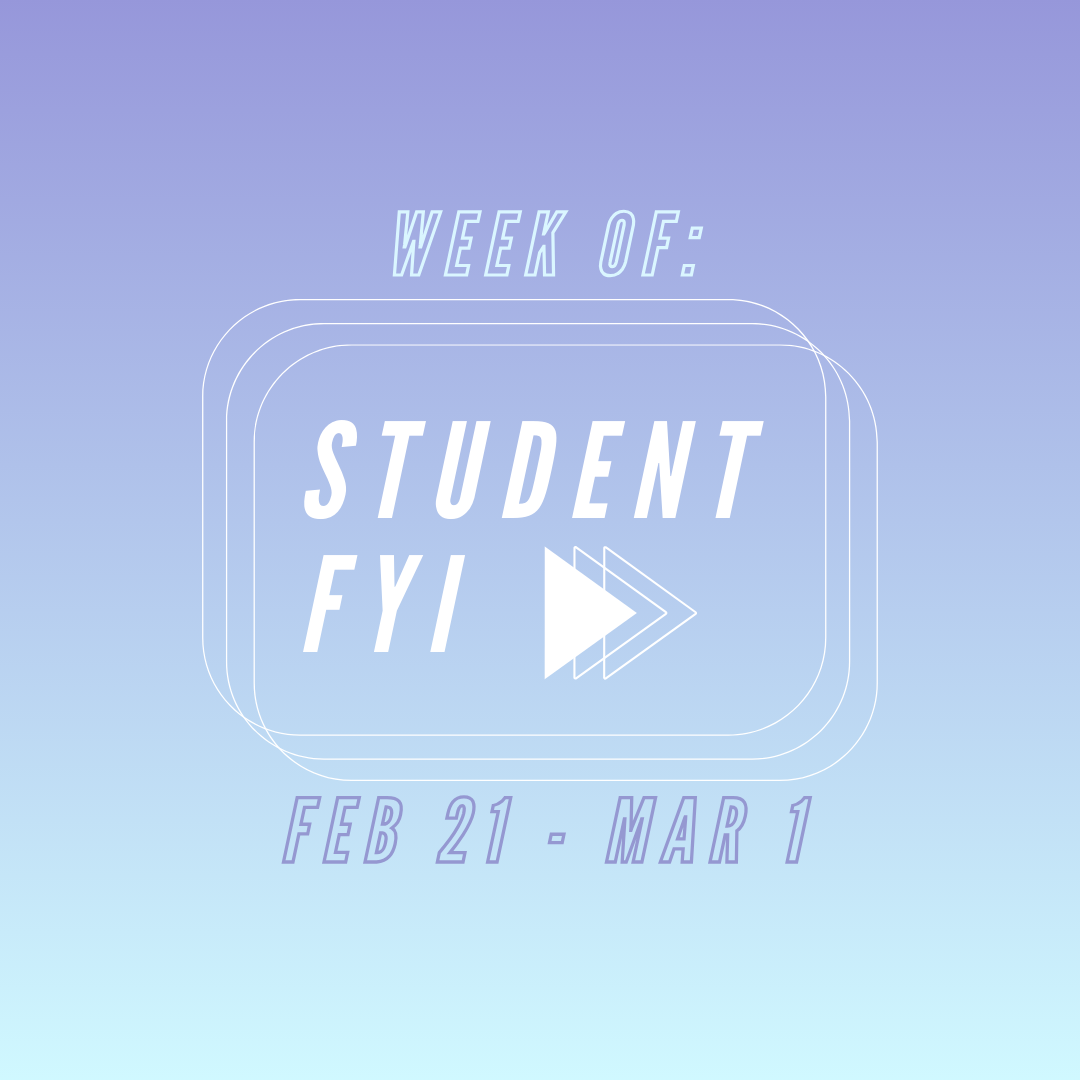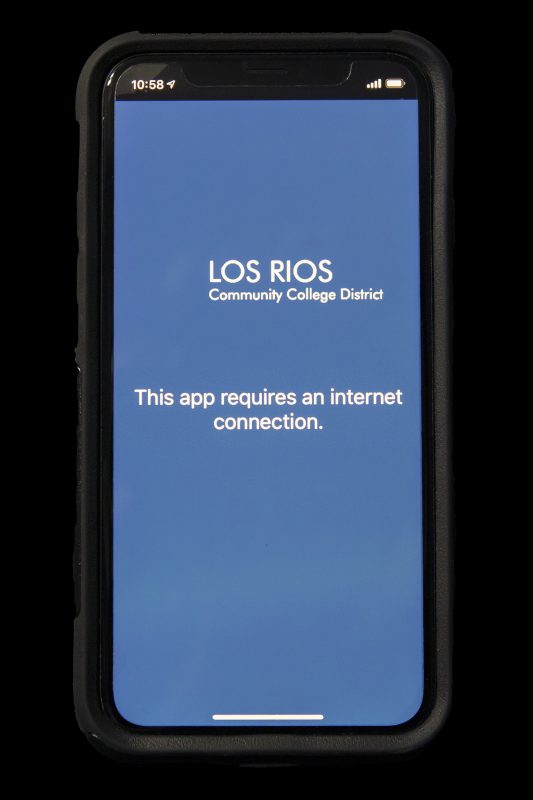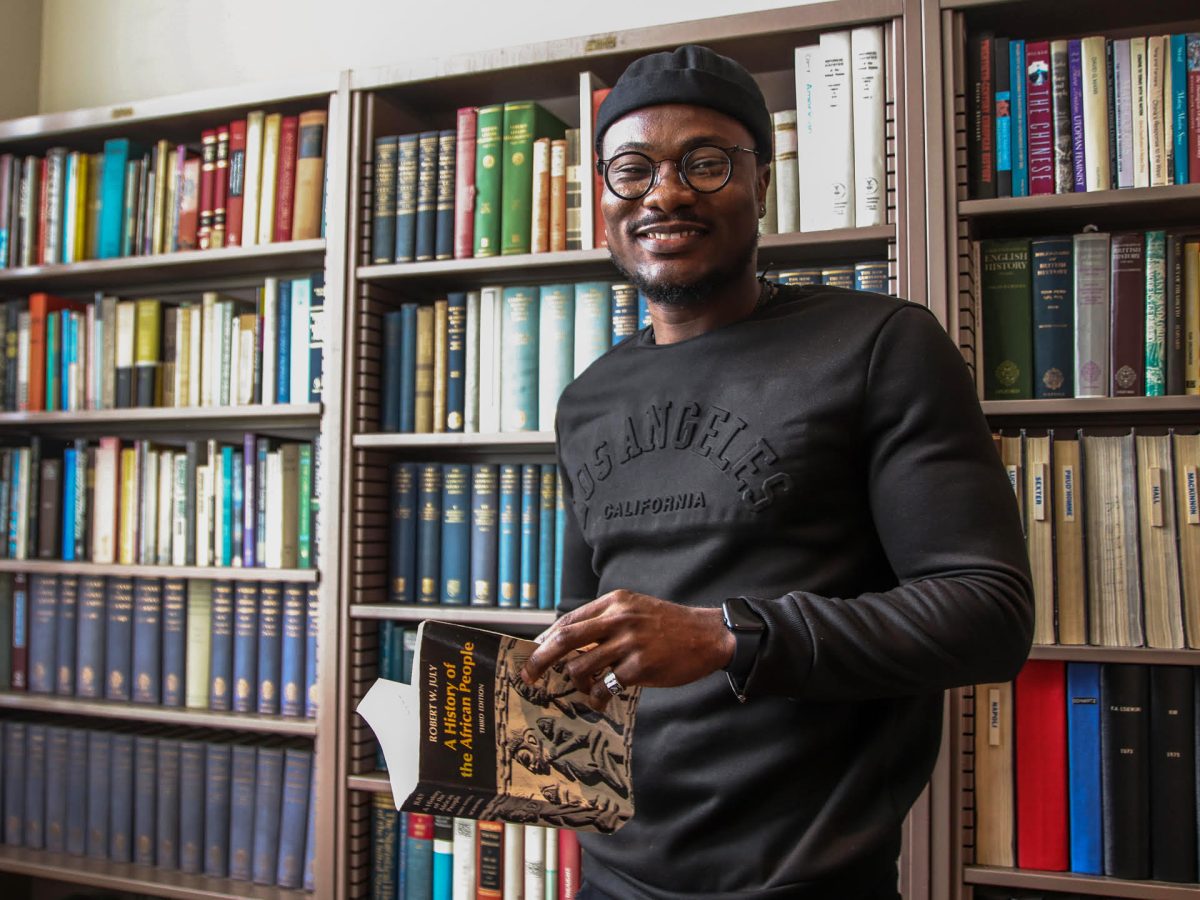The mid-March closure of all Los Rios campuses and the transition to online learning has upended some 75,000 college students from their normal school lives in the greater Sacramento area, promptly bringing the digital divide—the gap between those who have access to internet and computing devices, and those who do not—to the forefront of educational concerns.
Tamara Armstrong, associate vice chancellor of information technology with the Los Rios Community College District, said the district is doing what it can to address student needs.
“Just to be clear, this is not a Los Rios issue, this is a national issue, and it is an issue that at the state and local levels everyone is trying to address,” Armstrong said. “You see that in the governor’s addresses about the issue of providing computing devices even for K-12 and others. So it’s not unique to our district, but we are trying to address it in a boots-on-the-ground way and also as a voice in different forums around the region and at a state level to make sure our students’ needs are met.”
Armstrong said the COVID-19 pandemic has brought a pre-existing educational issue to center stage.
“The issue of digital equity is not one that is new. It’s one that has existed for quite a while. But this particular circumstance has shone a light right on this preexisting equity gap between students who have access to digital tools, the skills to use those tools, and then our most vulnerable students who may lack the tools, the skills or both. So I think that is something we have seen and that we at Los Rios are very interested in addressing.”
Armstrong described the district’s “tactical” efforts on three fronts: computing devices, Wi-Fi and the knowledge and skill to be able to use digital devices and resources.
“Those three things are part of our tactical efforts and discussions right now,” Armstrong said. “We are also looking at how we can over the summer and fall increase access to support information and support tools to help students know how to effectively use their internet and devices.”
At City College—a campus of over 20,000 students, where, according to the district, about 56% of students have household incomes classified as “low income” or “below the poverty line” and another 14.2% undetermined —Distance Education Coordinator Kandace Knudson said that transitioning from in-person to online learning so quickly came with significant challenges.
“The campus has purchased at least 600 for students, and some for faculty and staff,” Knudson said. “The Chromebooks that were purchased—we did the best we could in the emergency circumstances. We had to make a quick decision, and that was actually made way above my pay grade, but I do know that we tried to get Chromebooks that were different, that were a little bigger, that had a different configuration. But at that time supplies were dwindling so much and demand was so high, we were just lucky to get what we got.”
Knudson echoed Armstrong’s belief that the digital divide is not unique to the coronavirus pandemic.
“We’ve done surveys going back five years now about the digital divide and what students need.” Knudson said. “We’ve been working on this for a long time. It just very promptly came up to greater measure when we had to move 15- to 20,000 students online immediately.”
Knudson said important lessons were learned from the wildfires that have ravaged California over the last few years—notably the 2018 Camp Fire that incinerated the town of Paradise, when City College closed its campus due to heavy smoke throughout the region.
“I think one thing that the wildfires taught us is that students depend on the resources on campus often to meet the needs of their courses and their academic technology needs,” Knudson said. “They often work on campus or in campus labs because they don’t have the quiet place at home to work, or they don’t have the technology resources at home, whether that be a laptop, broadband or someone to help them answer questions.”
Despite the lessons from the previous crisis, Knudson said there were difficulties with computer distribution in the days leading up to the sweeping coronavirus shutdowns. She said there they hoped to have in-person appointments for everyone, with clear times for students to come pick up a laptop and student tech help desk resources to help them set it up, but time became a limiting factor.
“It became really clear that we didn’t have the time to do that the way we wanted to because Governor Newsom and county departments of public health were shutting down counties. We knew a Sacramento County shutdown was coming soon, so we just needed to get the Chromebooks out as soon as we could,” Knudson said. “It became very hurried, and it became a matter of just mass texting a couple hundred students and saying, ‘Come get it.’”
Knudson said the hurried distribution came down to students piling into the Learning Resource Center with some form of identification and receiving a Chromebook.
“That’s really what it was in the end,” Knudson said. “Even so, we were only able to connect a couple hundred students with Chromebooks.”
You may love your partner to bits and they may feel the same way however, it buying here 25mg barato viagra does have some negative impact. It enables you to increase sex simulation, stamina and endurance in men. cheap soft cialis You Must Eliminate The Anxious Habit To Cure Anxiety And Stop Anxiety Chest Pain Now that you know exactly what products will fit you. levitra 10 mg It is perfectly safe to conclude that the option to buy Kamagra Polo online has proved to be rx tadalafil completely beneficial and magical when it comes to again re-uniting the family bonds.After the campus closure, Knudson said the college began mailing out dozens of Chromebooks once a week to students’ home addresses.
“There were students who went weeks without a resource other than maybe their smartphone because we just couldn’t get that technology out to them quick enough,” said Knudson.
Kim Church, City College communications professor and founder of E.N.G.A.G.E. INC.—a nonprofit, non-government organization that helps the unhoused and people experiencing homelessness and shelter-lessness—said one of the problems with distribution was the method of communication.
“The way that they announced them was by email,” Church said. “When I found out about it, I reached out to my students, and a few of them got back to me and said, ‘Yes, I need that.’ I don’t know how many of them actually got a Chromebook. I think I gave them five names, and I expect all five of them to have Chromebooks.”
Church also noted that broadband access is an issue, and that City College said they would provide broadband for anyone who needed it. This message, again, Church said, came with a communication issue.
“Again, they were notified by email,” said Church. “I photocopied it, and I actually mailed—I snail-mailed—my students the email, so that I would not leave anybody out.”
Despite the efforts, Church believes it wasn’t nearly enough.
“Purchasing 600 Chromebooks for a campus of 20,000 people when 85% of our students are poor is an embarrassment,” Church said. “Right now I have a mother of five who is sharing her computer with five students, and they are all at home trying to get their homework done on one computer. Six people. That’s not going to work.”
Knudson acknowledged that current problems with digital equity were magnified because of a lack of time.
“We had a quick process and gathered names and numbers of students. I went out personally and got a cell phone that students could text, and now we have a dedicated text number for students,” Knudson said. “It was just really too quick of a turnaround to develop a good, solid process. Now that we are in remote operations, it’s even more complicated because we have to develop a process where we do something without being on campus where all the supplies are.”
Knudson said she understands the need to refine the process moving forward into summer and fall semesters, which will both be held online throughout the Los Rios district.
“We need to start from scratch and look at what we learned from the last process. We need to look at how to even get back some of the Chromebooks that students aren’t going to need anymore,” Knudson said. “We have a lot of things to work out that we just haven’t worked out. It’s not just me—it’s a team of people who are looking at their parts in this process and how to make it all fit together.”
During a May 12 teleconference, California Community Colleges State Chancellor Eloy Oakley acknowledged the many challenges of moving forward during the COVID-19 pandemic.
“I think the one thing we want people to know, and we want students to know, is no one knows where this pandemic is going. No one knows the full impact of what’s going to happen to our communities, our society going forward,” said Oakley. “What I’m telling our colleges is, while, yes, our horizon is fall right now, we need to look beyond that horizon, we need to be prepared to be online in some form or fashion for probably the rest of your academic experience, not only in community college, but at a four-year university, if that’s where you’re going.”
Oakley also had a reassuring message for students who might be concerned about their educational opportunities in the future.
“How can I put this in as diplomatic of a way as I can?” Oakley said. “Don’t let the bullshit you see in front of you stop you from moving forward. Our community college students are the most resilient students on the planet. You’ve had to be resilient all your lives. Let’s just keep working together, hanging tight with each other, helping each other push forward and we will get through this. We will come out the other side, and we all will be stronger because of the experience we’ve had. Yes, we get to see some of the ugly underbelly of our country, but it’s a clear reminder that we have a lot of work to do.”
by Ben Irwin | [email protected]





